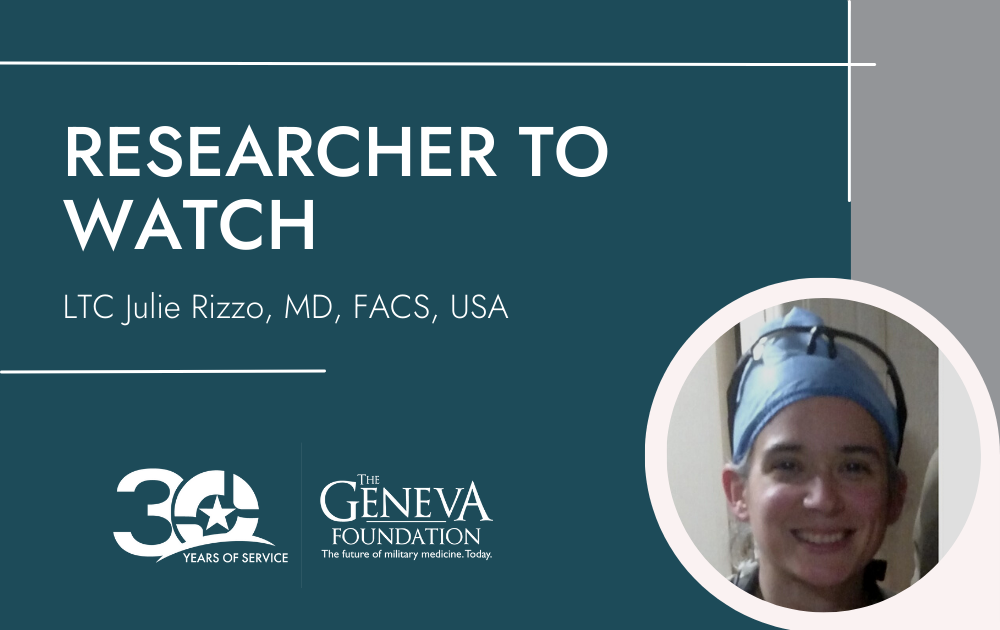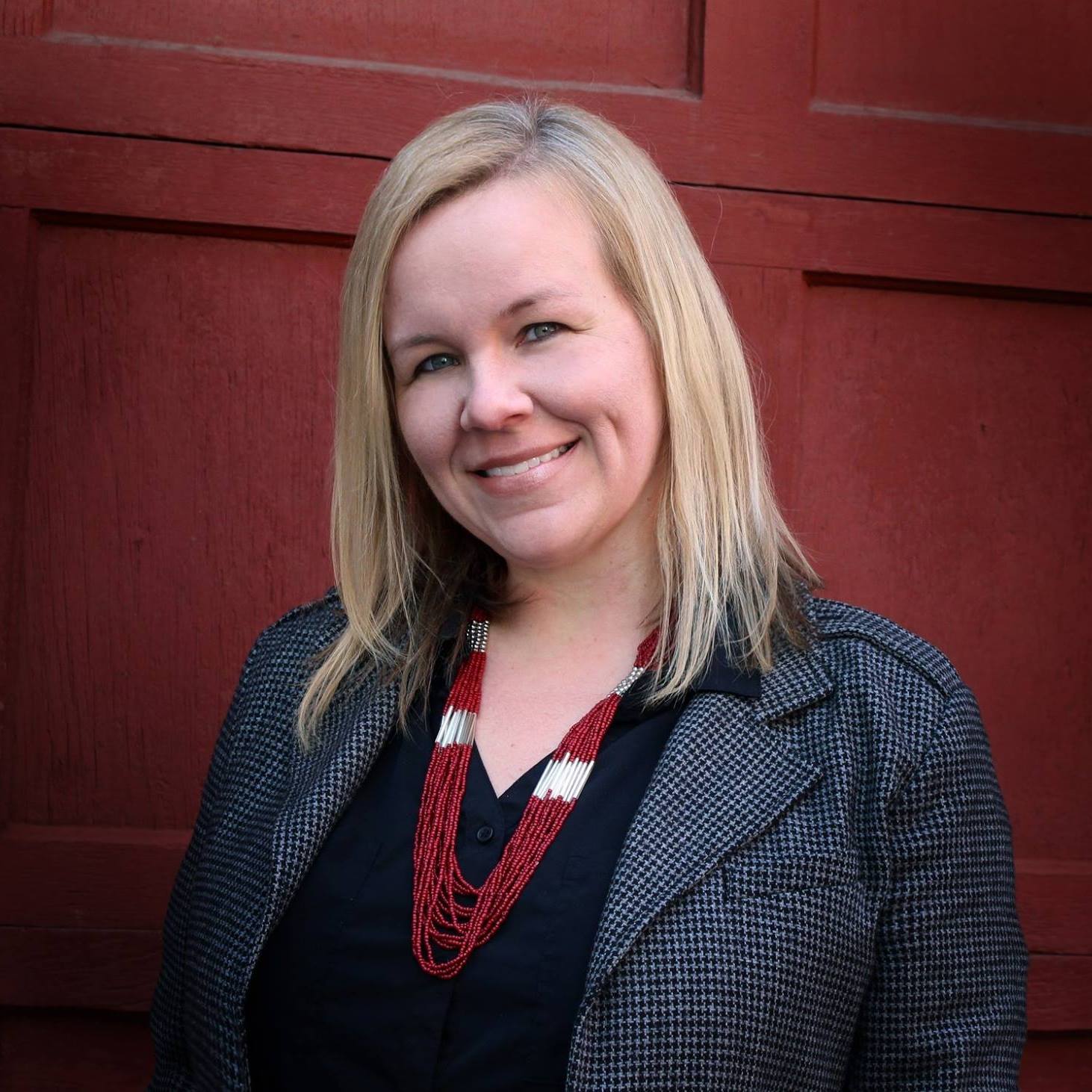15 March 2023
Using AI-based Handheld Ultrasound Technology to Triage Trauma or Lung Injuries
Researcher to Watch: LTC Julie Rizzo, MD, FACS, USA
Speed and accuracy are critical when it comes to patient triage during trauma situations. AI-based technology can transform routine care so that they can be used easily in responding to disease outbreaks and mass casualty incidents.
Handheld ultrasound devices, small enough to fit in a coat pocket, are already being used by first responders, emergency and health professionals to diagnose lung damage and other internal injuries during mass casualty events. New artificial intelligence (AI)-based applications have the potential to improve obtaining, reading and interpreting images quickly and accurately to save lives. These advances could help guide rapid diagnosis, triage, and inform early treatment solutions.
The Geneva Foundation is collaborating with Philips North America and Oregon Health & Science University (OHSU) to develop such applications as part of a Biomedical Advanced Research and Development Authority (BARDA) program. Philips is leading the development of the AI-based ultrasound program, with predictive machine-learning (ML) algorithms to provide real-time analysis for its Lumify handheld ultrasound solution.
Under the leadership of Principal Investigator Army LTC Julie Rizzo, MD, FACS, Geneva is conducting clinical studies at Brooke Army Medical Center in San Antonio, TX to acquire ultrasound images of participants with smoke inhalation lung injuries as well as traumatic abdominal and extremity injuries. OHSU imaging and AI experts will interpret images and electronically explain the images for machine learning and algorithm development. Geneva is providing full-spectrum program management support under a subaward from OHSU.
Dr. Rizzo is the Trauma Research Director at Brooke Army Medical Center (BAMC). She served as a burn surgeon at the U.S. Army Institute of Surgical Research (USAISR) from 2014-2022 and is an associate professor at the Uniformed Services University and an assistant professor UT Health San Antonio.
“These technical advances will allow faster and better delivery of care as well as expand the trained user base,” said Dr. Rizzo. “The AI-based system has broad applications not only for mass casualty events, but also for routine health care delivery, especially where diagnostic tools such as chest X-ray and computerized tomography devices and experts in image interpretation are not readily available.”
The BARDA program aims to support the point-of-care ultrasound device to enable early and accurate detection and diagnosis of patients with smoke inhalation injury and viral pneumonia, including COVID-19.
With Dr. Rizzo’s collaboration, the project will also perform assessment with focused abdominal sonography for trauma (FAST) exams, and the detection of compartment syndrome – a painful condition that occurs when pressure within the muscles builds to dangerous levels.
Philips is developing a novel 3D-ultrasound transducer for use in the ML-based FAST exam for rapid, automated diagnostic screening of patients with abdominal trauma. In addition, the ultrasound technology aims to transform the current standard of care in the diagnosis of acute compartment syndrome of the extremities. This Advanced Research and Development contract has been awarded by the Burn Program, a component of BARDA’s CBRN Division.
Handheld ultrasound not only helps the caregiver provide an improved experience and outcomes for their patients, but it also becomes a powerful tool for medical professionals. In an era where speed and accuracy of diagnosis is crucial to medical providers, handheld technology enables efficient and quality care for patients.
This award was funded by the Biomedical Advanced Research and Development Authority under award number 75A50120C000097.
Disclaimer: The views expressed do not reflect the official policy of the Army, the Department of Defense, or the U.S. Government.

"These technical advances will allow faster and better delivery of care as well as expand the trained user base. The AI-based system has broad applications not only for mass casualty events, but also for routine health care delivery, especially where diagnostic tools such as chest X-ray and computerized tomography devices and experts in image interpretation are not readily available."
LTC Julie Rizzo, MD, FACS, USA
HIGHLIGHTS
- New artificial intelligence (AI)-based applications have the potential to improve obtaining, reading and interpreting images quickly and accurately to save lives.
- Geneva is collaborating with Philips North America and Oregon Health & Science University to develop such applications as part of a Biomedical Advanced Research and Development Authority program.
- Under the leadership of Principal Investigator Army LTC Julie Rizzo, MD, FACS, Geneva is conducting clinical studies to acquire ultrasound images of participants with smoke inhalation lung injuries as well as traumatic abdominal and extremity injuries.


